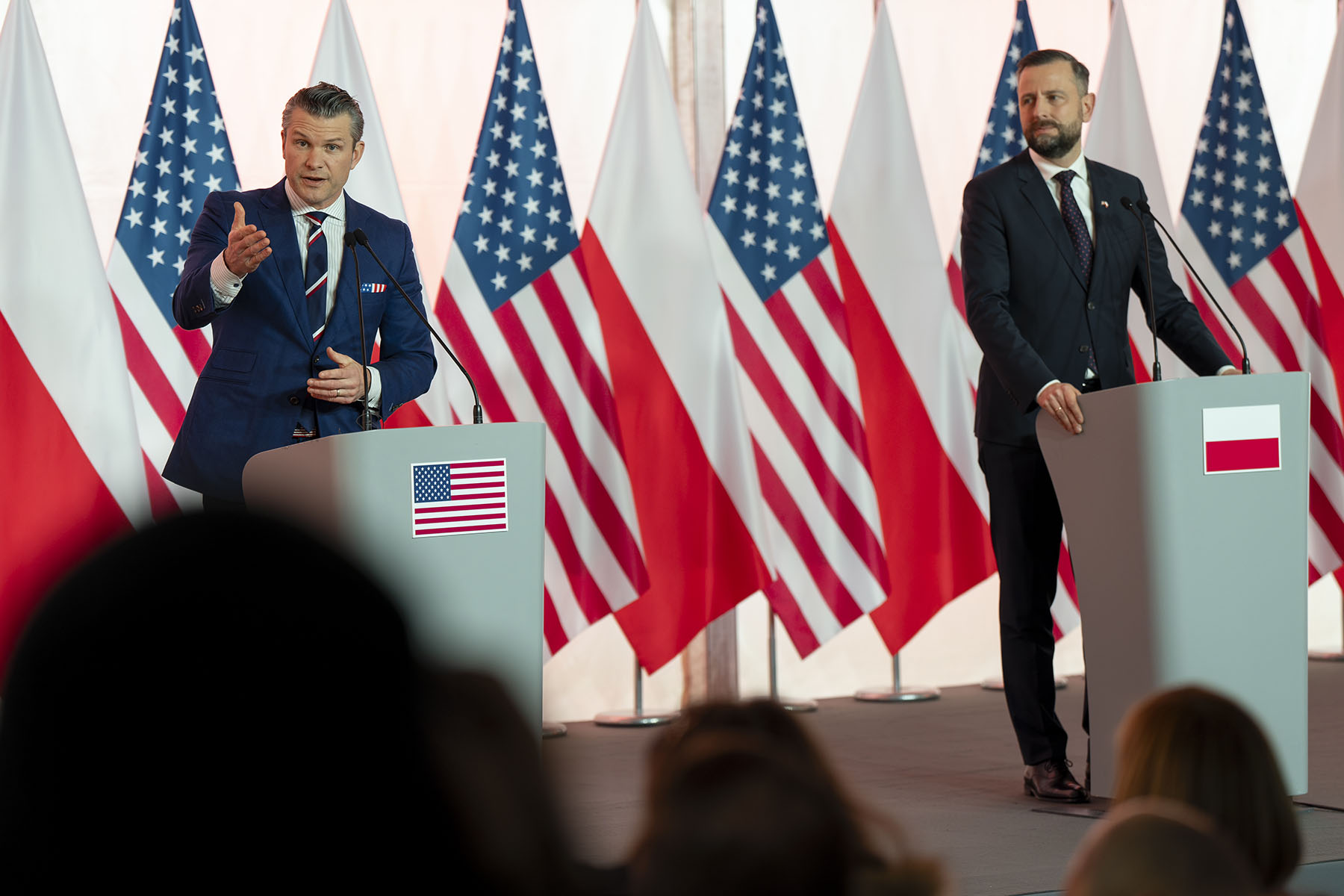As the political landscape shifts, former President Donald Trump continues to master the art of manipulation, setting traps for his own Cabinet members as a strategic distraction from his failing policies. Recent comments by BBC"s Katty Kay, discussing a controversial decision made by Pete Hegseth regarding weapon shipments to Ukraine, reveal a troubling pattern of scapegoating that has become synonymous with Trump"s leadership style.
Trump"s Distraction Tactics
During a segment on Morning Joe, Kay highlighted how Trump’s convoluted rhetoric often serves a dual purpose: deflecting accountability and signaling discontent within his administration. The recent incident with Hegseth, who unilaterally stalled critical military support to Ukraine, showcases how Trump is quick to distance himself from decisions that could backfire politically.
Setting the Stage for Blame
Joe Scarborough’s analysis indicates that Trump is not merely unaware of his administration"s actions; he is deliberately crafting a narrative that positions him as a passive observer. By claiming ignorance, Trump lays the groundwork for scapegoating, a tactic he has honed since his initial campaign in 2015, as reported by The New York Times. This approach allows him to deflect criticism while maintaining a facade of control.
The Fallout from Scapegoating
The implications of Trump"s blame game extend beyond mere political theatrics. As Congress reacts to Hegseth"s unilateral decision, the potential for internal strife within the GOP grows. Legislators are increasingly frustrated with an administration that appears to operate on whims rather than coherent policies. This lack of stability raises concerns about the effectiveness of governance, particularly in matters of national security.
Historical Context of Presidential Accountability
Historically, presidents are held accountable for their administration"s decisions, a reality underscored by research from Brookings. The power dynamics within the White House have evolved, with previous administrations faced with the challenge of balancing authority and accountability. Trump"s approach, however, deviates from traditional governance, opting instead for a model where blame is shifted to subordinates, thus eroding trust within his ranks.

Press Conference
Impacts on Civil Rights and Governance
This ongoing internal conflict raises significant concerns for civil rights and democratic governance. The apparent chaos within Trump’s Cabinet could lead to decisions that undermine vital civil liberties. As a former civil rights attorney, I recognize that the stability of our democratic institutions relies on accountability and transparency within the highest offices of government. Trump"s tactics threaten this foundation.
The Role of Media in Political Accountability
The media"s role in dissecting these strategies cannot be overstated. As Kay aptly noted, recognizing the patterns in Trump"s communication is crucial for understanding the broader implications of his leadership style. The media must continue to expose these tactics to ensure that the public remains informed and vigilant against the erosion of democratic principles.



![[Video] Gunfire between Iraqi security forces and Sadr militias in Baghdad](/_next/image?url=%2Fapi%2Fimage%2Fthumbnails%2Fthumbnail-1768343508874-4redb-thumbnail.jpg&w=3840&q=75)
